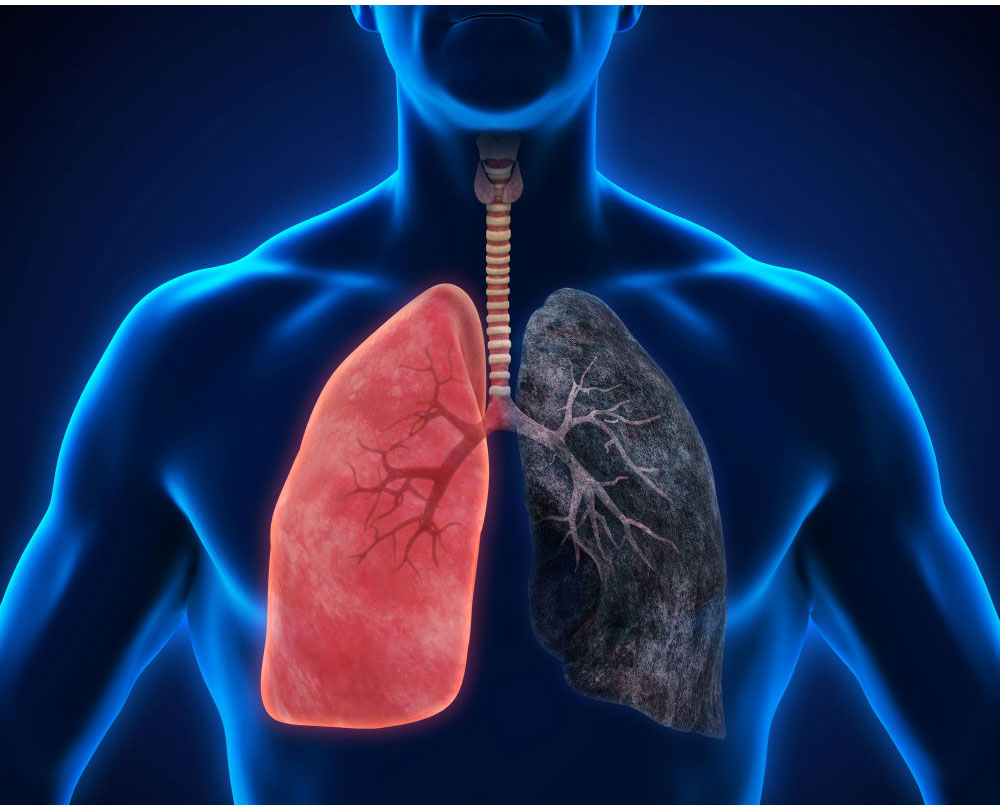A class of drugs used to treat certain breast cancers could help fight lung cancers that have become resistant to targeted therapies, according to a study conducted in mice.
The study, published in the journal Cell Reports, found that lung tumours in mice caused by mutations in a gene called EGFR shrunk significantly when a protein called p110a was blocked.
Drugs to block p110a are currently showing promise in clinical trials against certain breast cancers, so could be approved for clinical use in the near future, said researchers from the Francis Crick Institute and the Institute of Cancer Research (ICR) in the UK.
The new findings suggest that these drugs could potentially benefit patients with EGFR-mutant lung cancers whose tumours have become resistant to treatment.
"At the moment, patients with EGFR-mutant lung cancers are given targeted treatments that are very effective for the first few years," said Professor Julian Downward, who has labs at the Francis Crick Institute and the ICR.
"These drugs are improving, but unfortunately after a couple of years the cancer usually becomes resistant and starts to grow and spread again," Julian said.
The second line of treatment is currently conventional chemotherapy, which is not targeted and has substantial side-effects, researchers said.
It would be worth investigating whether p110a inhibitors could be used as a second-line therapy, they said.
The team targeted a specific interaction between the RAS protein and p110a.
The RAS gene is mutated in around one in five cancers, causing uncontrolled growth, and is a key focus of the study.
When the researchers blocked this interaction in genetically modified mice with EGFR mutations, their tumours shrank significantly.
Before the intervention, the tumours filled around two thirds of the space inside the lung.
When the interaction between RAS and p110a was genetically blocked, this shrank significantly to about a tenth of the space inside the lung. The intervention also had very few side-effects.
"As we wanted to pinpoint the specific interaction responsible, we used a genetic technique that would not be practical in a patient treatment," said Julian.
"We're looking to develop ways to do this with drugs, as blocking this specific pathway would significantly reduce side-effects, but this work is many years from the clinic," Julian said.


























